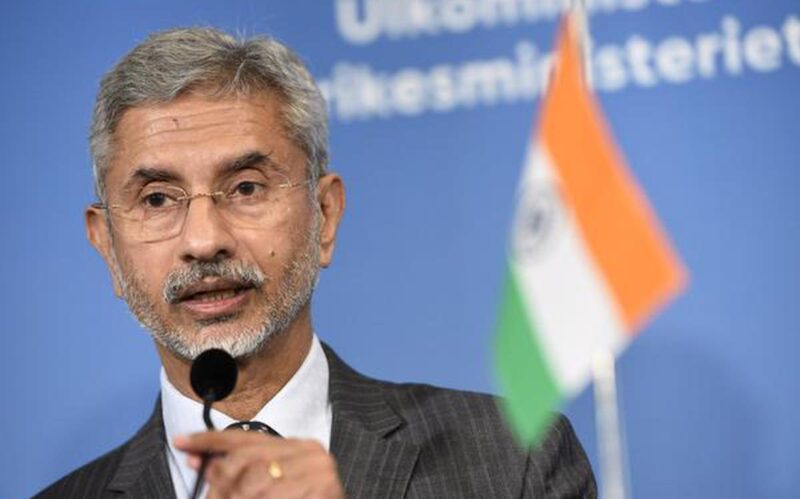New Delhi: A few days after the second quadruple summit in person took place in Tokyo, the Minister of External Affairs S. Jaishankar argued that the group meant not to give other countries a “veto” on the choices of India.
In an editorial for Hindustan Times Thursday, the Minister of Foreign Affairs wrote on the evolution of Quad since his “aborted departure” in 2007, his renewal in 2017 and where he is now.He argued that for India, a large part of this process involved “overcoming” the “hesitations of history”. “Likewise, this has noted not to give the veto to other countries on our choices,” he wrote.On May 24, the leaders of the Quad – Indian Prime Minister Narendra Modi, US President Joe Biden, Japanese Prime Minister Fumio Kishida and Australian Prime Minister Anthony Albanian – met in Tokyo for the Quad summit.
‘Most productive summit to date’
According to Jaishankar, the Tokyo summit was the “most productive” insofar as it has notably experienced the members of the quad to extend more than $ 50 billion in infrastructure and investment in indo -Pacific in the next five years.”The Tokyo summit is the most productive to date, emphasizing both the distance that the Quad has traveled and its potential for future growth,” wrote the minister.
He also underlined on the new collaborations on which the Quad works in the fields of technology, climate action, disaster prevention, the fight against terrorism and the prevention of “illegal fishing”.Regarding technology, the Quad focuses on “critical and emerging technologies, encouraging a diversified and open telecommunications ecosystem” and working on a semiconductor value chain, Jaishankar wrote.
“The fight against terrorism and cybersecurity are also important in their growing scope,” he added.On the climate front, he wrote on the way in which the group favors green shipping practices, supports cooperation on green hydrogen and works to develop “Q-Champ” (quad-chanting and mitigation package ‘adaptation).
“Given the pandemic, it is natural for Quad to advance a vaccination partnership,” he wrote, adding that the grouping also focuses on humanitarian assistance and the response to disasters, given history tsunamis and other natural disasters in the region.
On education, the Minister spoke very well of the STEM Fellowship, a foreground grant program launched by the Quad at Tokyo Summit and who seeks to finance 100 American, Australian, Indian and Japanese students in their quest for advanced courses in science and technology in American universities.
On illegal fishing, Jaishankar wrote: “The Indo-Pacific Partnership for raising awareness of the maritime field will bring together regional information merger to meet challenges such as natural disasters and illegal fishing.”China would be the source of 80 to 95% of illegal fishing in Indo-Pacific. The “Indo-Pacific Partnership for Awareness of the Maritime Domain” (IPMDA) plans to use satellite imagery and technology to fight illegal fishing and “dubious operations” of the Chinese maritime militia.
‘Rise of Asia’
Jaishankar described the growing quad grouping as the reflection of the “rise of Asia” as well as “the repositioning of the great powers”.”These are truly contemporary concepts that reflect the rise of Asia, the repositioning of great powers, their modified capacities and approaches, the nature of the supply chains and the criticality of technology and connectivity,” wrote the minister.
He added: “From an Indian perspective, it is also a declaration of his growing interests beyond the Indian Ocean. What started as an solution for an economic crisis in 1992 turned into a strategic correction.
‘Major diplomatic accomplishment of Modi govt’
In his article, the Minister of External Affairs also stressed that “the creation of Quad” is one of the main diplomatic achievements of the Modi government.The place of India in the group is logical given its “growth, its confidence and its vision of the world,” he added.In his room, the minister also sought to keep the quad from the Cold War.
“Some quad criticisms have deliberately sought to evoke the imagery of the Cold War. Nothing could be further from the truth, “he wrote.”It is precisely because the Cold War ended that India’s partnerships with the United States, Japan and Australia could achieve their true potential,” he added.

